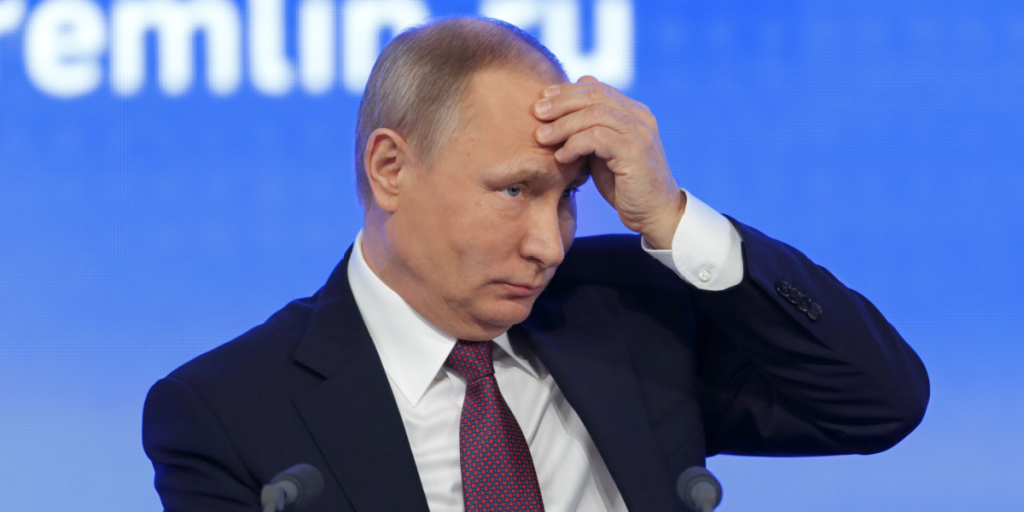With just days to go before the surprise August 15 meeting between Vladimir Putin and U.S. President Donald Trump in Alaska, a senior European diplomat is sounding the alarm.
Others are reading now
Speaking anonymously, the official warned, “We risk being a footnote in history”, fearing Trump could accept Putin’s sweeping demands without securing firm protections against future Russian aggression.
A Deal That Could Undermine Europe
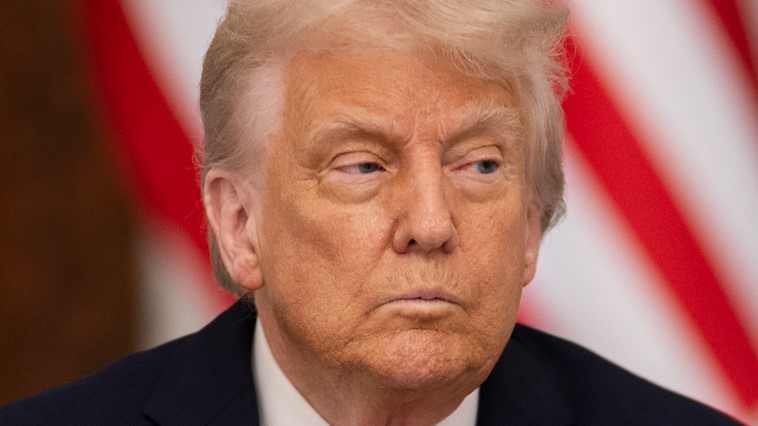
European leaders worry that Trump’s vision of “the good of both sides” ignores harsh realities. Analysts see no signs that Putin has softened his hardline positions, whether on territory or keeping Ukraine vulnerable.
For many in European capitals, the nightmare scenario is a summit that fractures the transatlantic alliance and hands Putin exactly what he wants.
The Mystery of Moscow’s Proposals
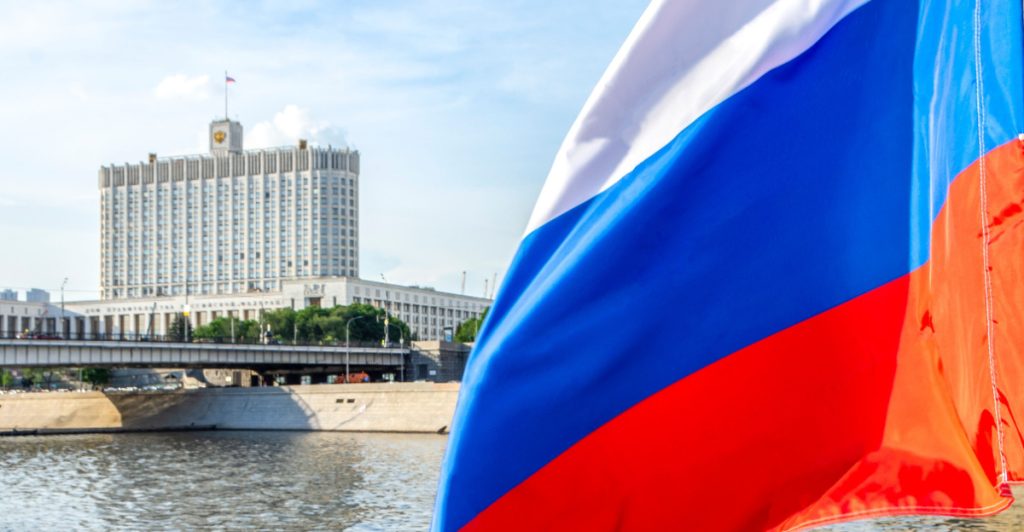
What the Kremlin has actually put on the table remains a closely guarded secret. Putin has offered no specifics, U.S. envoy Steve Witkoff has been silent since his recent Moscow visit, and Trump’s own hints, such as talk of a “land swap”, have only deepened European unease.
As one diplomat put it, Washington’s apparent indifference to territorial integrity “is deeply troubling.”
Also read
Europe’s United Front
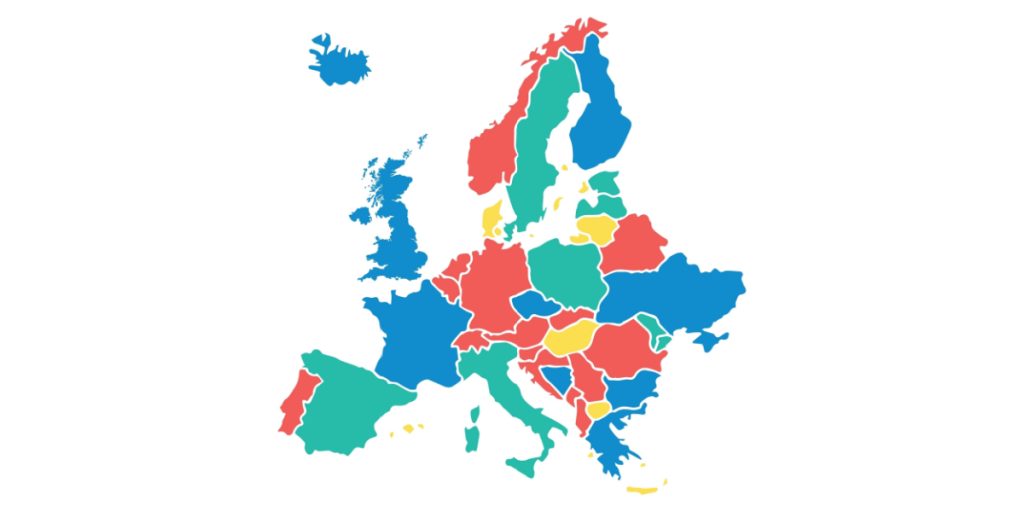
In a rare show of unanimity, the U.K., France, Germany, Italy, and the EU, backed by Poland and Finland, issued a joint statement reaffirming that “international borders should not be altered by force.”
Their stance comes amid shifting U.S. descriptions of Putin’s ceasefire terms, which analysts at the Institute for the Study of War say have changed four times since August 6.
The Donetsk Dilemma

All accounts of Putin’s demands include one non-negotiable: Ukraine’s withdrawal from its remaining positions in the Donetsk region, including Sloviansk, Kramatorsk, and Kostiantynivka.
Experts warn that conceding this “fortress belt”, fortified since 2014, would leave Ukraine dangerously exposed to future attacks.
Crimea and Other Red Lines
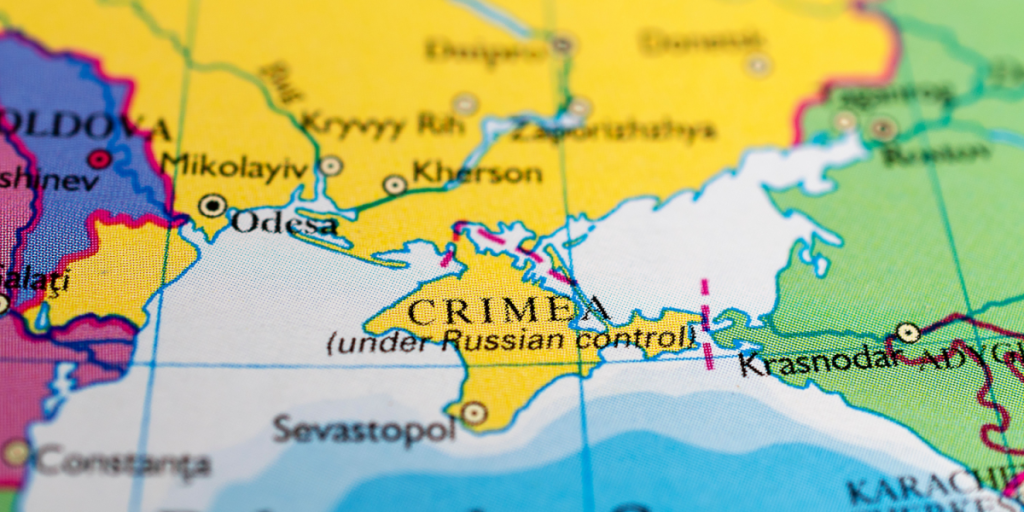
It remains uncertain whether Putin will insist that Ukraine formally recognize Russia’s sovereignty over Crimea, or what, if anything, he might offer in exchange.
Also read
President Zelensky has made clear that Ukraine’s constitution forbids ceding any territory, making such a demand politically and legally impossible in Kyiv.
Ceasefire First, Territory Later
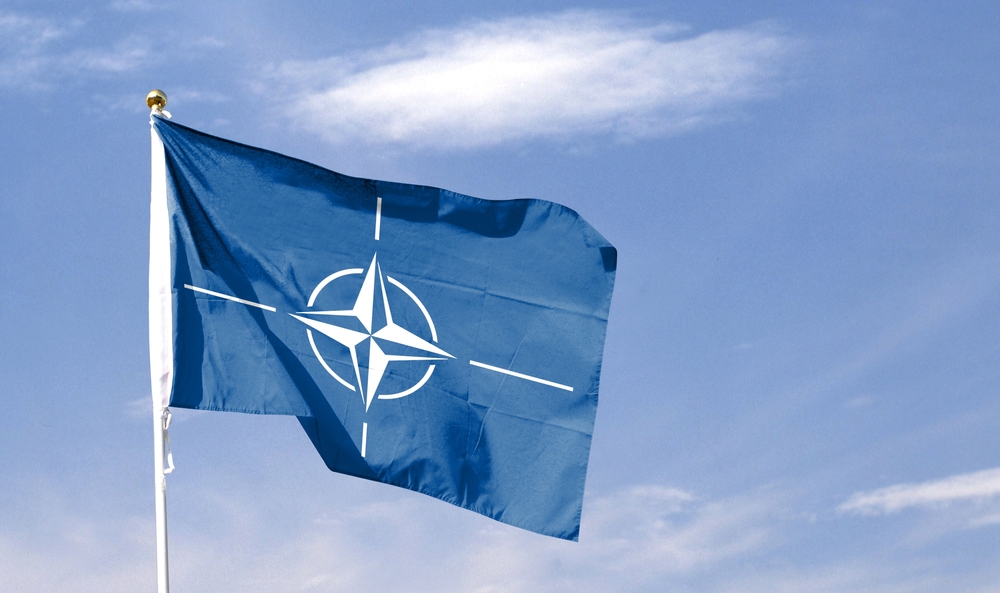
European governments insist that any talks must start with a ceasefire along the current front lines.
They also want a credible “reassurance force” to enforce it, though Moscow appears unwilling to allow NATO countries to take part. Without robust security guarantees, they argue, Ukraine’s sovereignty would remain at risk.
A Nobel Dream, a Strategic Void
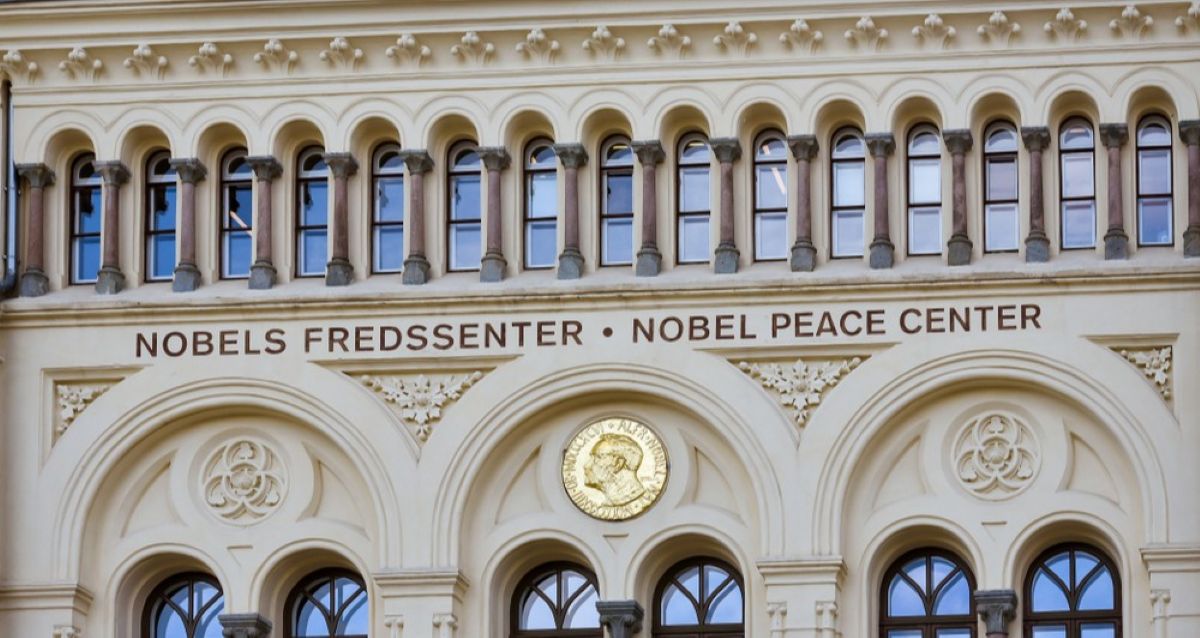
Some analysts believe Trump’s driving motivation is personal glory, including the lure of a Nobel Peace Prize, rather than a coherent strategy for Ukraine.
Former Australian general Mick Ryan argues the U.S. approach is “anger, impulses, social media posts, and multiple changes of direction”, with little regard for Europe’s security concerns.

